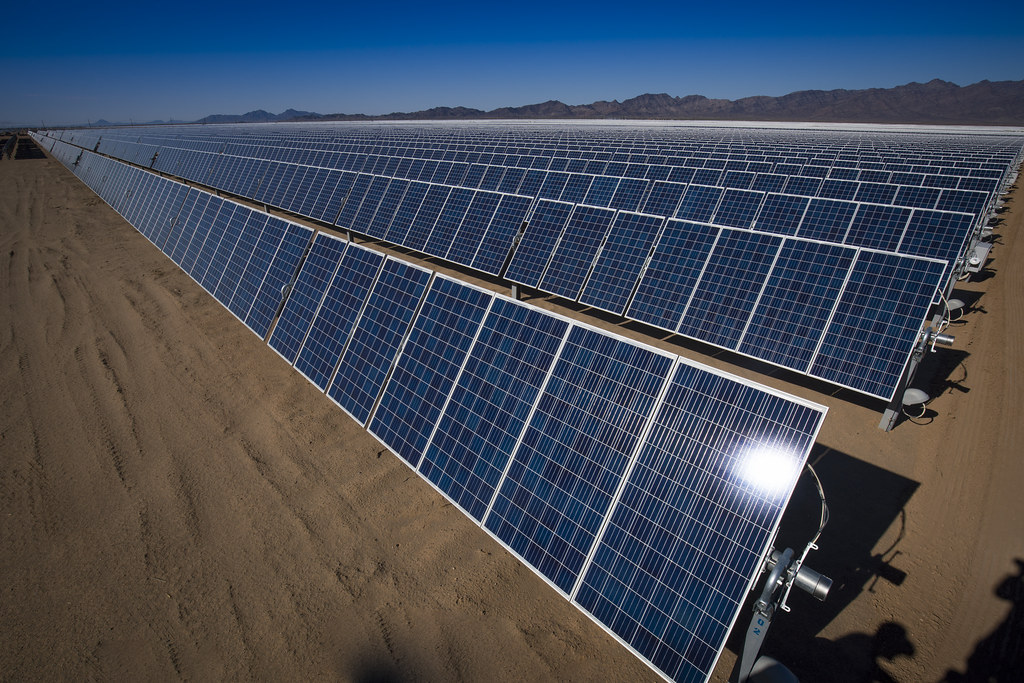The Energy Web Foundation (EWF), a non-profit organization that aims to accelerate the commercial deployment of blockchain technology in the energy sector, has announced the launch of Energy Web Chain (EWC) – a public, open-source, enterprise-grade blockchain tailored to the energy sector.
The EWC will serve as a blockchain-based foundational digital infrastructure, which will allow building and running decentralized applications (dApps).
Formed in early 2017, the EWF crossed the 100-Affiliate threshold in early 2019. A number of utilities and grid operators have launched demonstrations, pilots, and even pre-commercial deployments on Energy Web test networks, including PJM-EIS, SP Group, Acciona, Iberdrola, Elia, and Stedin, among others.
Over ten organizations, including utilities, grid operators, and blockchain developers, are hosting validator nodes for the EWC, which is now live.
“Energy Web Chain is now running in production mode," said Hervé Touati, co-founder and CEO of EWF. "Our next target, to be reached latest by Q4 2019, is to fully decentralize the chain. At that point, it will no longer be 'our' chain; it will be the energy sector’s blockchain—the first public blockchain where blocks are validated by energy sector companies.”
In its press release, the EWF explained that the chain is public, meaning that any company, individual, or internet-connected device do not need permission to transact across the network. At the same time, the validators are permissioned and comprise of known energy market participants identified and affiliated with EWF.
This essentially makes up the EWC’s public Proof-of-Authority (PoA) network design – a publicly accessible, ethereum-based network with permissioned validators.
“This PoA-based design comes with three additional benefits for the energy sector: scalability, energy efficiency (which also equates to low transaction costs for energy market participants using the network), and increased regulatory compliance,” the EWF said.
Similar to other public blockchains, the EWC uses a native token, EW Tokens, for making payments for transaction costs and rewarding validators.
EWF said that organizations have started trialing additional uses of the token such as token staking to enhance data reputation and quality from internet-connected devices, using EW Tokens to pay prosumers and others for participating in the energy market, and decentralized finance for energy.
“EW token holders are alongside our worldwide EWF Affiliate community, supporting a platform capable of underpinning hundreds of different dApps that can fundamentally transform the energy sector,” added Jesse Morris, chief commercial officer of EWF. “The Energy Web Chain—with its 100+ network of supporting Affiliates—boasts an unprecedented pathway to blockchain solution adoption and global scale across that massive industry.”







